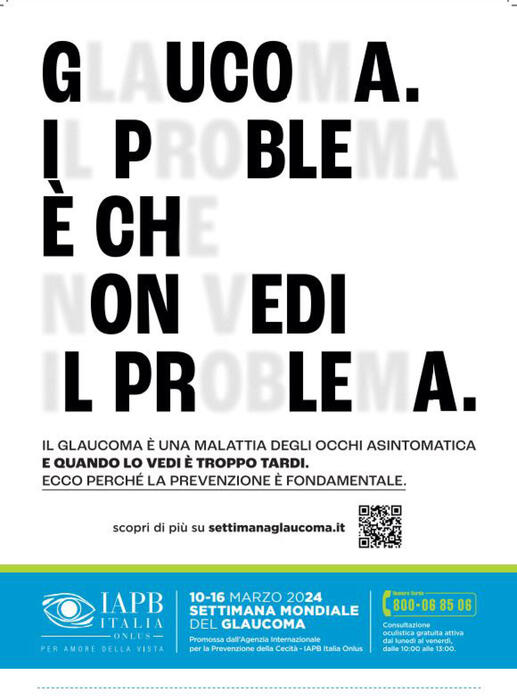By Aria Bendix -
NBC News
Twenty people with damaged or diseased corneas had significant improvements in their vision after receiving implants designed with pig skin protein.
The patients (in Iran and India) suffered from keratoconus, a condition in the eye's protective outer layer that causes it to progressively thin and protrude.
Fourteen of the patients were blind before receiving the implant, but two years after the procedure, they regained some or all of their vision.
Three of them even had perfect vision after surgery.
The team that developed the technology published their findings Thursday in the journal Nature Biotechnology.
A corneal implant made from pig skin protein. Thor Balkhed/Linköping University via NBC
"We were surprised by the degree of vision improvement," said Neil Lagali, a professor of experimental ophthalmology at Linköping University in Sweden, who co-authored the study.
However, not all patients experienced the same degree of improvement.
The 12 Iranian patients ended up with an average visual acuity of 20/58 with glasses;
functional vision is defined as at least 20/40 with glasses.
[Scientists Resurrect Animal Cells and Blur the Line Between Life and Death in Key Transplant Experiment]
However, Dr. Marian Macsai, a clinical professor of ophthalmology at the University of Chicago who was not involved in the study, said the technology could revolutionize treatment for people with keratoconus, a condition that affects about two in 1,000. people.
But it could also have more applications for other diseases of the cornea.
"The idea that we can have bioengineered corneas is revolutionary," Macsai said.
"It would potentially eliminate the risk of rejection [in transplants] and could make corneas available to patients around the world," she added.
This is how it was possible to implant a 3D printed ear in a human: "I am excited to see that this is already happening"
June 4, 202201:48
To create the implant, Lagali and his team dissolved pig tissue to form a solution of purified collagen.
That was used to design a hydrogel that mimics the human cornea.
Surgeons then made an incision in one patient's cornea to place the hydrogel.
"We insert our material into this opening to thicken the cornea and
reshape it so that we can restore its function," Lagali said.
Normally, human tissue is required for corneal transplants.
But it's in short supply, because people must volunteer to donate it after they die.
[The man who received the first pig heart transplant dies two months ago: "He was brave and fought until the end"]
So, Lagali said, his team was looking for a widely available, low-cost substitute.
“The collagen in pig skin is a by-product of the food industry.
This makes it widely available and easier to acquire,” he explained.
After two years, the patients' bodies had not rejected the implants and they had no inflammation or scarring.
Can a liver transplant affect the approval of a visa?
July 14, 202201:26
"Generally speaking, the body handles pig tissues quite well," said Dr. Uri Soiberman, an assistant professor of ophthalmology at Johns Hopkins University, who was also not involved in the research.
Generally, he added, rejections occur about a year after a transplant. But any experimental medical procedure carries risk.
In this case, according to Soiberman, a foreign molecule such as collagen could induce an immune reaction.
The researchers prescribed patients an eight-week course of immunosuppressive eye drops to reduce risk, which is less than the amount given to people receiving corneal transplants from human tissue.
In those cases, patients take immunosuppressive drugs for more than a year, Lagali said.
"There is always a risk of rejection of human donor tissue because it contains foreign cells," he added.
"Our implant does not contain any cells...so the risk of rejection is minimal."
"They continue to live in more than 70 people," says the mother of two men who donated organs when they died
Aug. 1, 202202:32
The procedure itself was also faster than traditional cornea transplants.
The researchers said each operation took about 30 minutes, while human tissue transplants can take a couple of hours.
In a standard cornea transplant, doctors open the eye and remove damaged or diseased tissue, replacing it with tissue from a human donor.
But this can be invasive and remove "many important cells and nerves in the cornea that are otherwise healthy," Lagali explains.
Surgery can also be very expensive.
"It's nice to have another option
," Soiberman noted.
[Study: One in five people waiting for a transplant is Latino and this is the most demanded organ]
However, he noted that the pilot study has limitations.
It is not yet clear whether the surgery would work in patients who have other forms of corneal disease apart from keratoconus.
The bioengineered implant "is used to replace the stroma, the central layer of the cornea," he said.
"So it's only for diseases where that part of the cornea plays some role in the pathology."
Young Hispanic receives a double organ transplant in a single day
June 14, 202200:47
The technology also might not be useful for patients with scars, Soiberman said, such as people whose corneas had bacterial or viral infections.
Lagali said his team hopes to replicate their results in a study of 100 or more patients, and then work toward regulatory approval from bodies like the Food and Drug Administration.
Ultimately, the team hopes that the implants will be available in countries where human donor tissue is scarce.
"We really have designed this material, this technology and this surgical procedure
to be adopted in areas of the world where resources are really scarce
," Lagali said.
"Those are the same areas of the world where the burden of blindness from this disease is highest."









